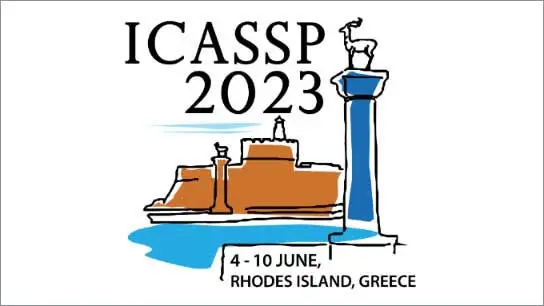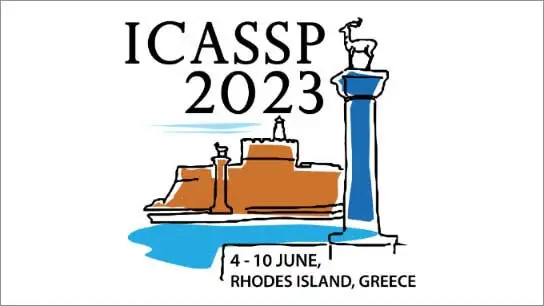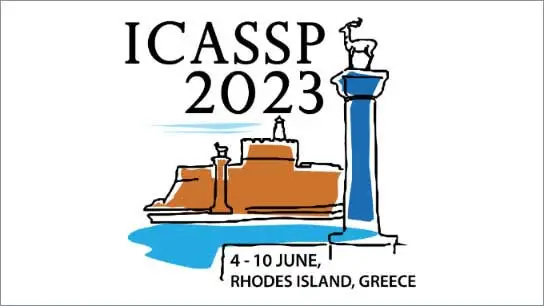Maximum Likelihood Distillation for Robust Modulation Classification
Javier J Maroto (EPFL); Gérôme Bovet (armasuisse Science & Technology); Pascal Frossard (EPFL)
-
Members: FreeSPS
IEEE Members: $11.00
Non-members: $15.00
06 Jun 2023
Deep Neural Networks are being extensively used in communication systems and Automatic Modulation Classification (AMC) in particular. However, they are very susceptible to small adversarial perturbations that are carefully crafted to change the network decision. In this work, we build on knowledge distillation ideas and adversarial training in order to build more robust AMC systems. We first outline the importance of the quality of the training data in terms of accuracy and robustness of the model. We then propose to use the Maximum Likelihood function, which could solve the AMC problem in offline settings, to generate better training labels. Those labels teach the model to be uncertain in challenging conditions, which permits to increase the accuracy, as well as the robustness of the model when combined with adversarial training. Interestingly, we observe that this increase in performance transfers to online settings, where the Maximum Likelihood function cannot be used in practice. Overall, this work highlights the potential of learning to be uncertain in difficult scenarios, compared to directly removing label noise.



